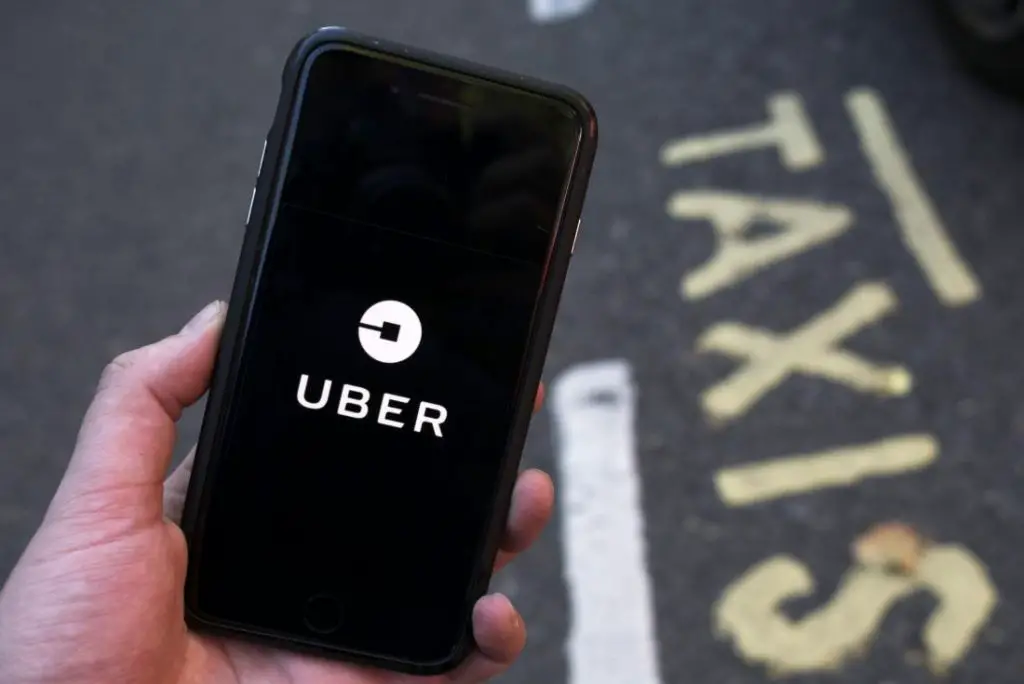The past few years have seen a drastic shift in the way society responds to sexual assault and harassment. With the rise of the #MeToo movement, the structures of power, wealth and influence which have prevented victims from speaking out have been weakened, leading to the punishment of such high profile figures as Harvey Weinstein and Kevin Spacey.
At the same time, the trend has shown how far society still has to go, as people convicted of sexual misconduct continue to find supporters and defenders in high places and on the ground.
The rideshare company Uber has faced its own troubles with sexual assault, and its own shift in the way it handles such cases. Its troubles began with a 2017 blog post from Susan Fowler, a former engineer, detailing a company-wide culture of sexism and enabled harassment.
She described how complaints about sexual harassment were routinely ignored and dismissed by the company’s HR department, and how her career was damaged because she spoke out.
Fowler’s blog post inspired other women at Uber to speak out and led to increased scrutiny on the company’s practices. This increased focus on Uber also drew attention to accusations of sexual assault committed by Uber drivers upon their riders.
While Uber doesn’t release data on the number of drivers accused of sexual assault, there have been over a hundred cases of drivers having assaulted their passengers, according to a CNN investigation.
The increased attention paid to Uber’s policies, and the sexual harassment faced by employees and customers alike, has caused some change. Multiple executives have stepped down from the company, and multiple employees have been fired, with some of the action directly related to their roles in sexual harassment.
Most recently, Uber has changed its policies regarding sexual assault lawsuits. Upon signing up with Uber, customers agree to settle any legal complaints with the company through a process called arbitration, in which the parties in a dispute come to an agreement behind closed doors. This prevents the customer’s complaints from being made public; unlike other forms of redressing claims such as open trials, arbitration prevents the victim’s voice from being heard.

This policy has been changed for victims of sexual assault or harassment. While plaintiffs with other complaints against the company will still be bound to arbitration, lawsuits accusing sexual misconduct are free to pursue whatever form of redress the victims want.
Uber announced several other changes alongside the change to their arbitration policies. Previously, the company required confidentiality in settlement agreements related to sexual assault.
This requirement is no longer in effect, further giving voice to those with grievances against the company. In addition, it announced plans to release internal data about sexual assaults which happen to customers related to their use of Uber.
These changes go a long way in giving victims of sexual assault a voice, at Uber and beyond — fellow rideshare service Lyft dropped its own arbitration requirements shortly after Uber’s announcement, and there’s every likelihood other tech companies will follow suit.
Other changes Uber has made go a long way towards making rides safer, with improved driver screening and intended features for the app to help the customer in an emergency or an assault. There are ways, however, in which these changes don’t go far enough.
One limitation which still exists for victims of sexual assault is the inability to band together in class action lawsuits. The new arbitration rules allow for individual lawsuits against the company, but class action lawsuits are still prohibited.
This raises a barrier prohibiting all victims from having their voices heard; individual lawsuits are much more difficult and time-consuming for the victims compared to class action lawsuits, and not everyone affected by sexual assault will be able to dedicate that much effort to causing change.
In addition, it’s unclear whether Uber’s new stance on sexual assault comes from real change within the corporate structure. The changed policies which Uber has implemented are largely reactionary, coming after months of criticism.
They also come as part of a rebranding initiative, meant to convince customers of Uber’s safety. Whether Uber’s internal culture remains sexist and dismissive of sexual assault remains to be seen, as does whether it is willing to cooperate with victims of sexual assault who come forward under the new guidelines.
In a way, the situation at Uber is reflective of the wider #MeToo movement. Powerful people in both cases were ousted from power, and the industries which had supported them vowed to change. Yet the situation remains problematic, and the conditions which led that situation to arise have remained unchanged.
This is where giving victims a voice is crucially important. Were it not for the whistleblowers and the victims who first spoke out against Uber, the company wouldn’t have faced the criticism it did for its policies.
While not enough has changed, the changes which have occurred are incredibly meaningful for victims of sexual assault, and if Uber continues along the same path, the company will be a much safer place to do business, for employees and customers alike. None of this would be possible without the voices from those who have been directly impacted by the issues at the company.
The need for the voices of victims is why the changes in arbitration are so important. Before Uber changed its policies, victims weren’t allowed to speak out; they were forced into confidentiality agreements and arbitration if they wanted to get any redress from the company. Under the new rules, there’s the chance for their voices to be heard. While it may not be enough to fix all the problems with Uber’s culture, it’s at least a start.

















